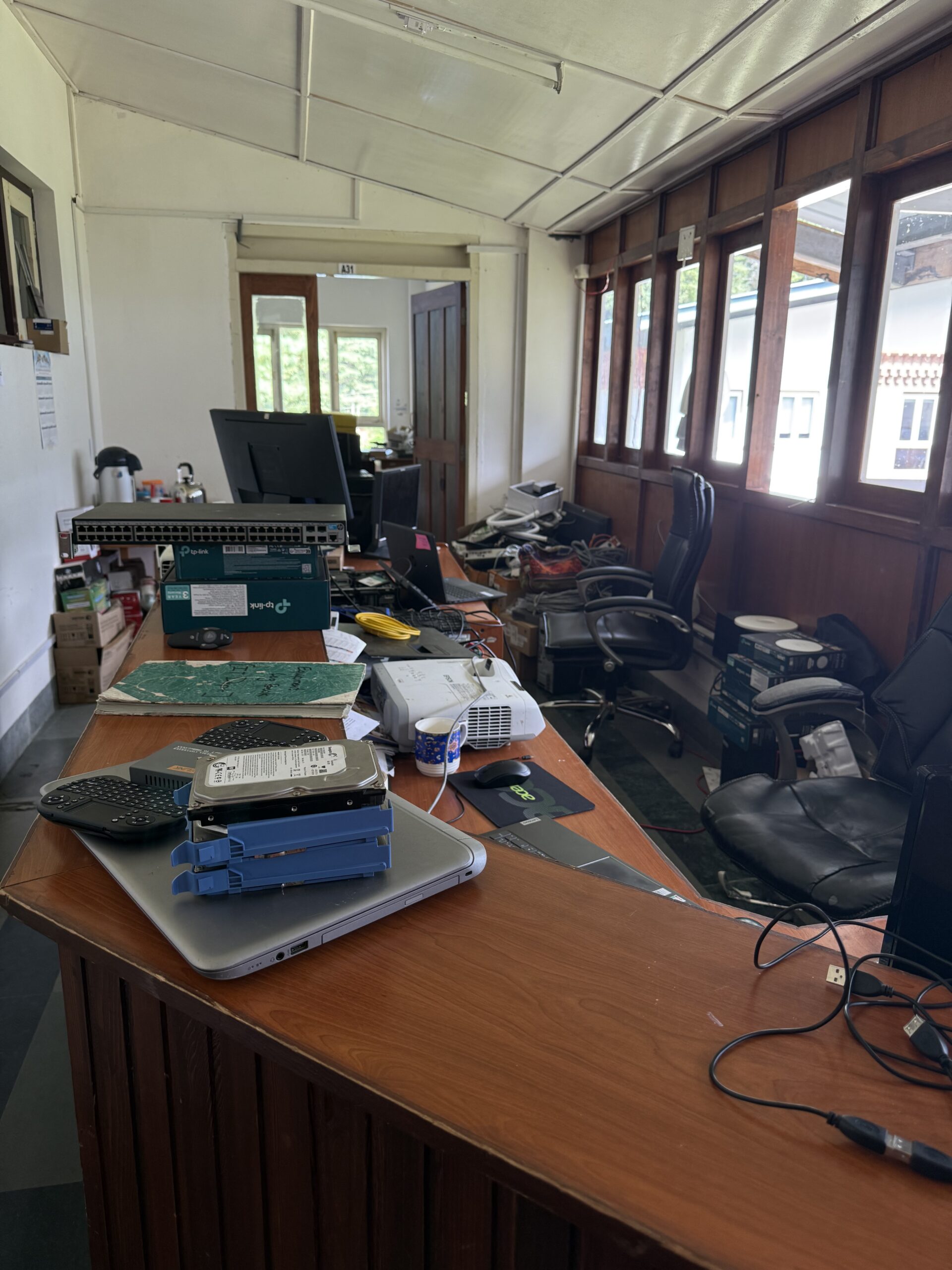Lease-to-own schemes open the road to sustainable mobility for everyday consumers.
Bhutan’s transition to electric mobility has long been constrained by one central challenge: affordability. While the government has championed sustainable transport, the high upfront costs of electric vehicles (EVs) have discouraged many households. New financing models, however, could be the key to changing that.
Globally, lease-to-own schemes have enabled buyers to adopt EVs without paying the full cost upfront. Popular in Europe and Australia, these models are now making their way to Bhutan, offering consumers flexible pathways to ownership. Industry analysts argue that such innovations could prove as important as the technology itself in meeting Bhutan’s green transport ambitions.

ST Motors has become an early mover in this space, launching its lease-to-own program for EVs in August 2025. According to Ugyen Phuntsho Rabgay, the company’s General Manager for Sales and Marketing, the idea stemmed from observing international trends. “We saw how these programs empower a wider demographic of citizens to make a sustainable choice without the burden of a large upfront investment,” he said. “Our motivation was to align with Bhutan’s national vision of promoting sustainable development and environmental stewardship.”
The market’s response has been swift. Within two weeks, ST Motors sold out its initial EV stock under the scheme. “This rapid uptake is a powerful validation that the public is ready for electric mobility, provided the financial barriers are lowered,” Rabgay explained.
The success of such models could have wider economic consequences. Increased EV adoption would help reduce fuel imports, encourage investment in charging infrastructure, and broaden Bhutan’s creative financing landscape. If other dealers and financial institutions follow ST Motors’ lead, Bhutan’s auto market may undergo a structural shift toward greener and more accessible mobility.
Ultimately, lease-to-own highlights an important lesson: Bhutan’s green transport future may depend not just on new technologies, but on making those technologies financially attainable.











Leave a Reply